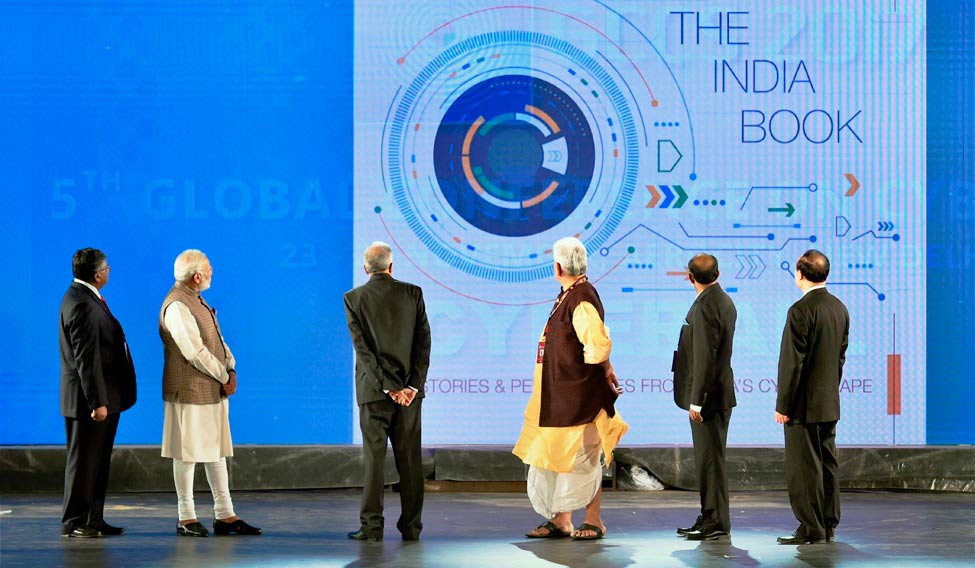India has maintained its earlier stand on Net-neutrality. Minister of communications and IT Ravi Shankar Prasad on Thursday said that right of access is important and it is non- negotiable. In 2015, when the debate had started, Prasad had assured Rajya Sabha that the government was committed to the fundamental principle of net neutrality.
“Just as India values its constitutional right of freedom of speech and expression, it also values the fact that the Internet is open,” Prasad had said.
The issue of net neutrality has once again come at the forefront as Federal Communications Commission (FCC) in the US has drafted a plan to scrap net neutrality. Ajit Pai, Chairman of the FCC on Tuesday announced plans to repeal rules around free internet access. This will essentially mean that telecom and internet companies can decide who accesses the internet and its content and at what cost.
“Under my proposal, the federal government will stop micromanaging the Internet,” Pai said in a statement.
Pai has been a staunch opponent of net neutrality and a decision like this has been expected for some time now, though that has not stopped critics from arguing against a move that many believe will harm consumers and businesses alike.
The net neutrality rules enforced by the Federal Communications Commission’s open Internet Order 2010 prevented internet service providers from blocking websites and services, or slowing them down arbitrarily.
TRAI had come heavily against internet service providers that were providing select internet services free of cost to poor. Two years ago, the telecom regulator banned discriminatory pricing of data services, including zero-rated plans such as Facebook's Free Basics and Airtel Zero, even though the social network garnered massive public support for its plan to provide free access to basic Internet services by partnering with telecom companies.
“Internet is supposed to be democratic. It is a big global platform, but must be linked the local ideas and concepts. That is the very clear focus of India, and therefore the right of access is non-negotiable,” Prasad said, in his address at GCCS.
TRAI is in the process of wrapping up a consultation on net neutrality. This time, it is looking at how Internet providers manage data traffic and whether this can lead to discrimination that violates net neutrality. It is also looking into how internet service providers can be more transparent about how they handle data. While internet service providers have resisted regulation in their submissions to the regulator, many seem to agree that treating some content preferentially over others should not be allowed.






